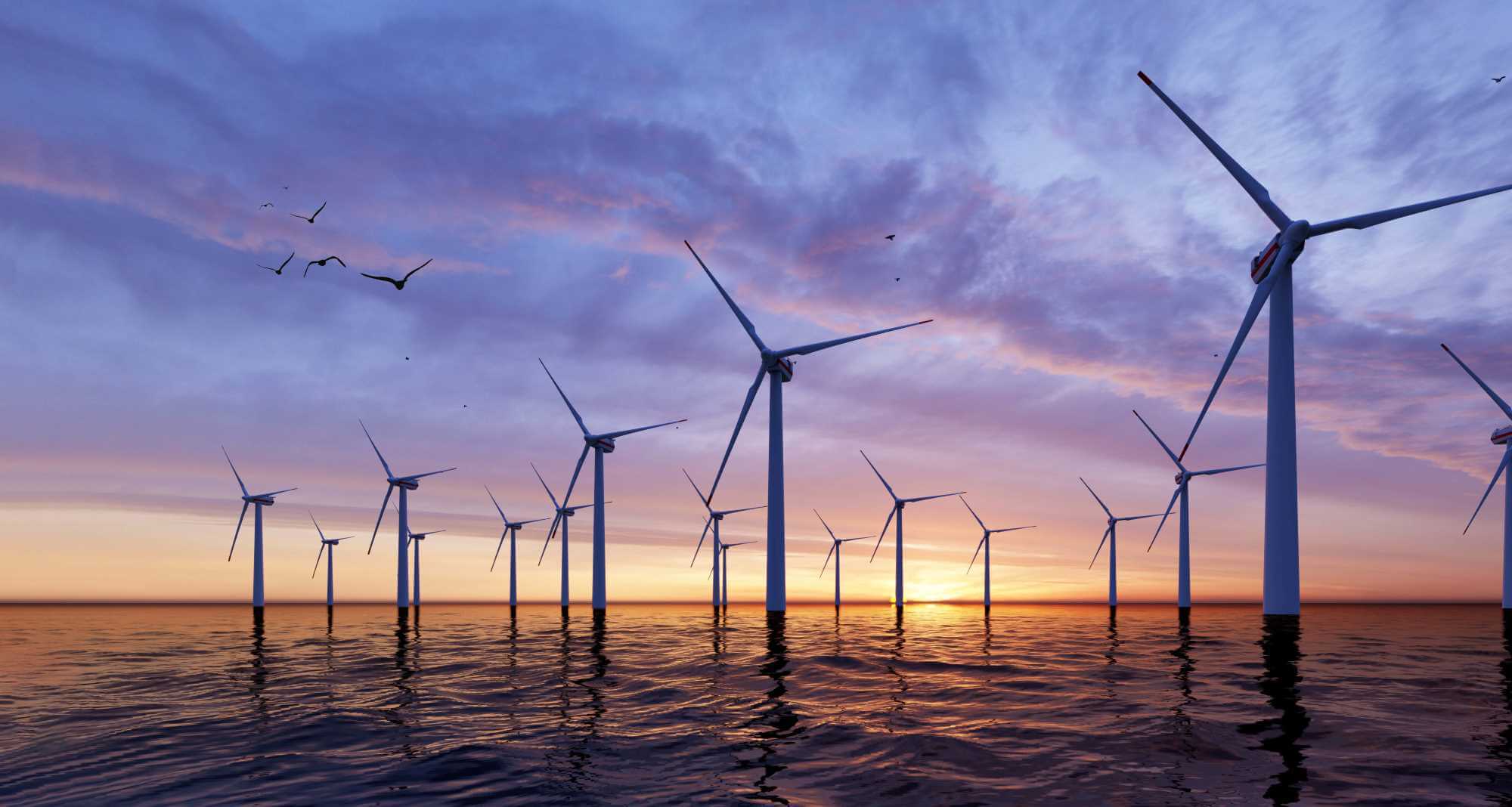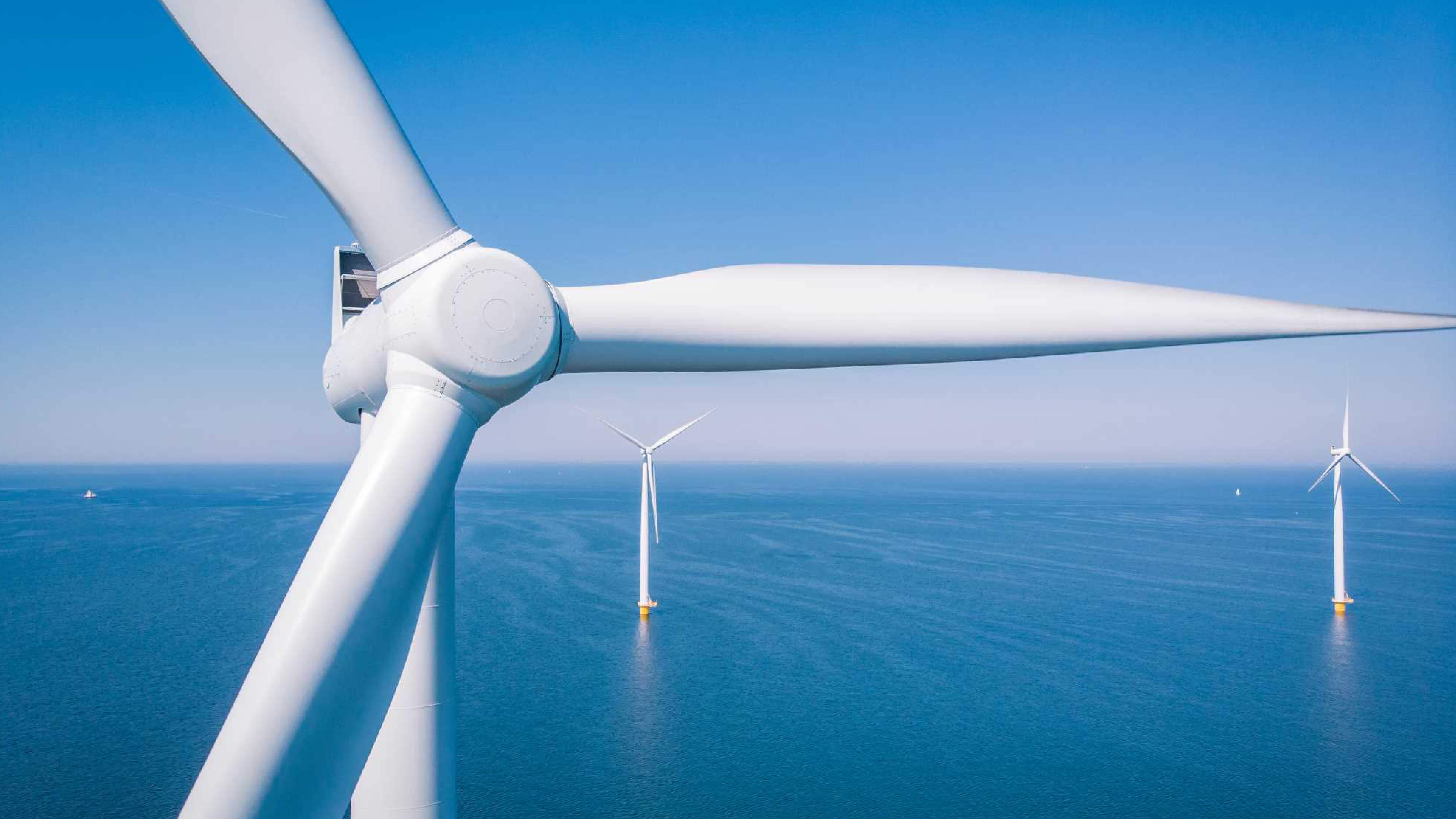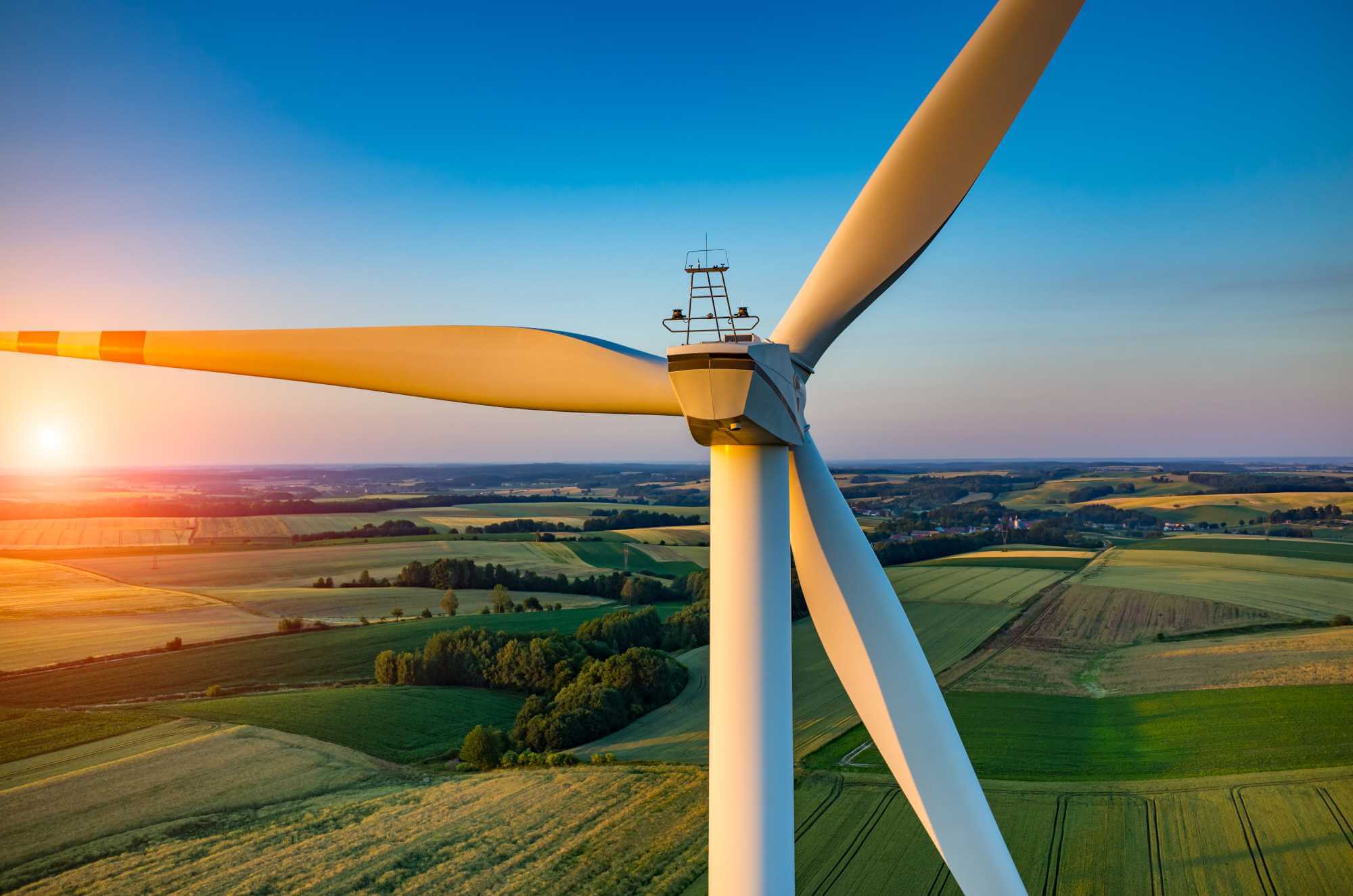Those with Radio Teleswitch Service (RTS) electricity meters are urged to switch to newer meters
A taskforce consisting of Ofgem and trade association Energy UK have launched a campaign7, encouraging those with Radio Teleswitch Service (RTS) electricity meters to upgrade their meter. This campaign was launched due to the crucial need for RTS meter upgrades before the signal is turned off in Great Britain, from 30th June 2025.
Without the technology that supports RTS meters, from this point they will stop functioning properly and will no longer be fit for purpose. If action is not taken, the consumer’s heating and/or hot water may be continually left on or off, electric storage heaters may charge at the wrong time of day, and suppliers will be unable confirm customers’ electricity usage during peak or off-peak times, all of which may lead to higher bills.
You can check if your meter uses RTS by looking for a Radio Teleswitch Service label on either your meter or a separate box next to your meter.
To read more about these changes, visit our FAQs, or to find out more about smart meters and how we can help you upgrade your meter, you can visit here.
Over half of businesses plan to increase sustainability spending in 2025
According to a recent survey of 2,500 businesses8, 62% have goals to increase their sustainability spending this year, by an average of 10.5%. This is a 10% increase from last year. Other findings show that 77% of business leaders believe that the benefits of sustainability initiatives outweighed the costs, and 72% are growing their investment in low-carbon technologies.
More than six out of ten of the businesses plan to increase investment in nature protection, restoration initiatives, and/or water stewardship (i.e. using water responsibly), acknowledging the long-term risks of depletion in these areas. Only 15% have said that they will be decreasing their investment in those areas, with 20-30% planning on maintaining their level of investment.
Despite the various challenges facing many businesses, it’s encouraging to see that the majority still recognise the benefits and importance of sustainability, and are ambitious in their future plans to further these initiatives.
Study finds that the UK Government’s Clean Power 2030 plan can also cut electricity bills
Modelling from E3G, an independent climate change think-tank, has found that the Government’s recent Clean Power 2030 plan is not only achievable, but can also assist in reducing costs for consumers. E3G states that the Government’s plan could create lower electricity bills through the intensive expansion of renewable energy, particularly offshore wind, which will enable long-term stability of electricity prices.
A decarbonised grid could protect consumers from volatile gas prices and its impact on electricity prices. A recent example of this was in 2022, after Russia’s invasion of Ukraine, when the UK Government provided £44 billion to support households and businesses with their rising energy costs.
The study suggests that the Government reform the Contracts for Difference (CfD) scheme in the future, prioritise investment in green hydrogen, and work collaboratively with the EU to strengthen energy security, in order to ensure that they succeed in implementing the Clean Power 2030 plan, whilst also benefitting consumers.
To learn more, you can access the full report, here9.
UK Government launches new ‘skills passport’ to support skills training for the renewable energy sector
In order to address the gap in skills between oil and gas industry careers and jobs in the renewable energy sector, the UK Government has launched a new ‘skills passport’10. This will give fossil fuel workers access to an online portal that helps them identify where their current qualifications can be utilised in the renewable energy sector – with a particular focus on the offshore wind industry.
Throughout 2025, the UK and Scottish Governments plan to expand this tool to include other avenues from the fossil fuel industry towards various renewable energy careers. This will include training programmes and funding for local partners, to be used for new training centres, courses or career advisers. Aberdeen, Cheshire, Lincolnshire and Pembrokeshire have been identified as key areas for growth in this sector.
As the UK moves towards a fully decarbonised grid, it’s important that we ensure that workers affected by the energy transition are fully supported with all they need to take advantage of the growing renewable energy sector. It’s positive to see this type of action plan being put into place to establish a ‘just transition’ for workers, ensuring that the decarbonisation of the energy system will benefit everyone.
















